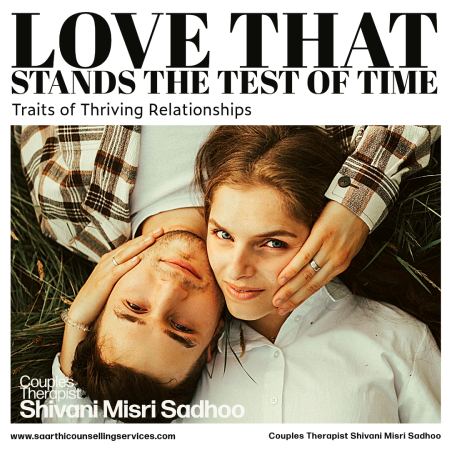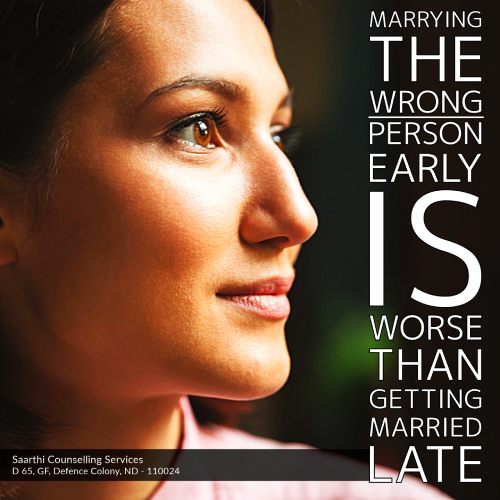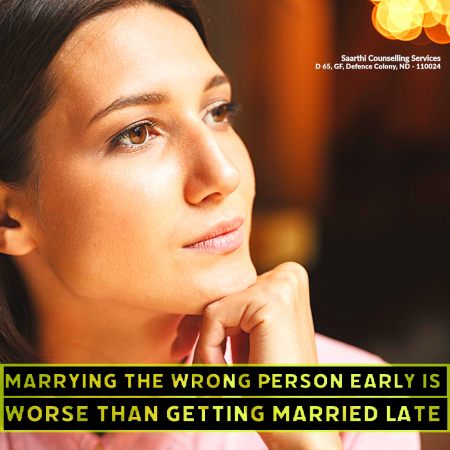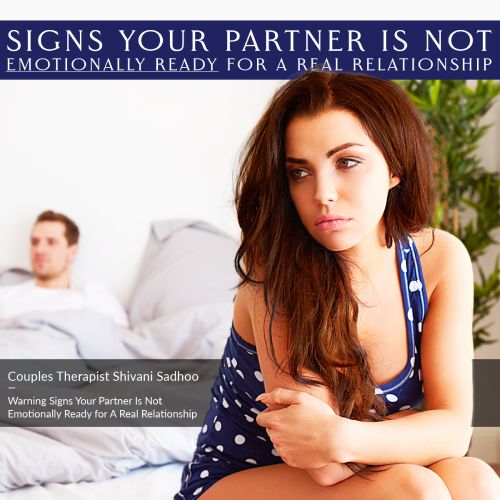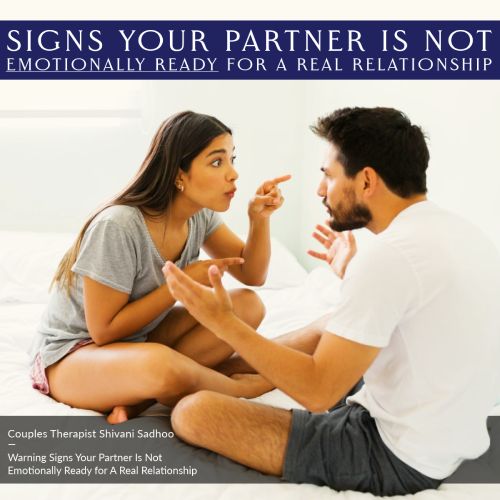In the tapestry of human existence, few threads are as enduring and cherished as the bonds we form in love. Relationships that withstand the trials of time possess certain timeless traits that contribute to their longevity and resilience. Let us know about the key elements that characterize thriving relationships, making them stand the test of time as shared by Delhi’s eminent marriage counselor and relationship expert Shivani Misri Sadhoo in this article.
What are the signs of a thriving relationship?
- Communication is Key: Effective communication is the cornerstone of any enduring relationship. Couples who openly express their thoughts, feelings, and concerns create a foundation of understanding and trust. Sharing both joys and challenges fosters a deeper connection and allows partners to grow together. In thriving relationships, communication is not just about talking but also about active listening, empathy, and a willingness to understand each other’s perspectives.
- Mutual Respect: Respect is the bedrock upon which enduring love is built. Thriving relationships are characterized by a deep and abiding respect for each other’s individuality, values, and aspirations. Partners who value and honor each other’s autonomy are more likely to weather the storms of life together. Respect forms the basis for compromise, collaboration, and the ability to navigate differences with grace and understanding.
- Trust and Transparency: Trust is the lifeblood of lasting relationships. Partners who trust each other implicitly create an environment of emotional safety. Thriving relationships are marked by transparency and honesty, as secrets and deception erode the foundation of trust. Building trust takes time, but the dividends it pays in the form of a solid, enduring connection are immeasurable.
- Shared Values and Goals: Couples who share common values and long-term goals tend to have relationships that stand the test of time. While individual interests and pursuits are important, a shared vision for the future provides a sense of unity and purpose. Whether it’s building a family, pursuing career aspirations together, or sharing common hobbies, having shared goals creates a sense of partnership that strengthens the bond over the years.
- Adaptability and Flexibility: Life is a dynamic journey, filled with unexpected twists and turns. Thriving relationships exhibit adaptability and flexibility in the face of change. Partners who can navigate challenges together, adjusting their course as needed, are better equipped to sustain their connection over time. The ability to grow individually and as a couple, while embracing change with resilience, is a hallmark of relationships that endure.
- Emotional Support and Vulnerability: In thriving relationships, partners are each other’s pillars of strength. Emotional support and vulnerability are interwoven threads that create a tapestry of intimacy. Being able to lean on each other during difficult times and share vulnerabilities fosters a deep emotional connection. It is through these shared experiences that bonds are strengthened, creating a love that can withstand the trials of life.
Relationships that stand the test of time are characterized by a combination of effective communication, mutual respect, trust, shared values, adaptability, and emotional support. Cultivating these traits requires effort, commitment, and a genuine investment in the well-being of the relationship. As the journey of love unfolds, couples who embody these enduring qualities are better equipped to build a legacy of lasting, thriving love.
